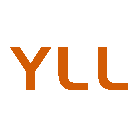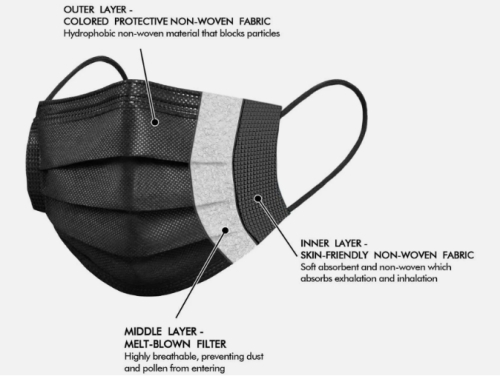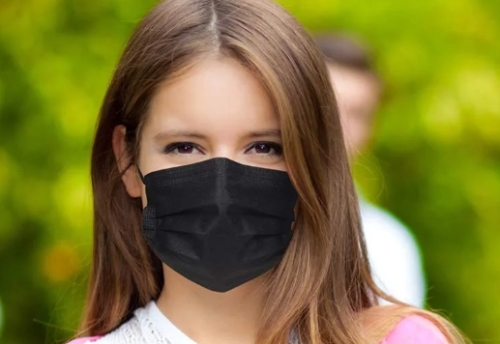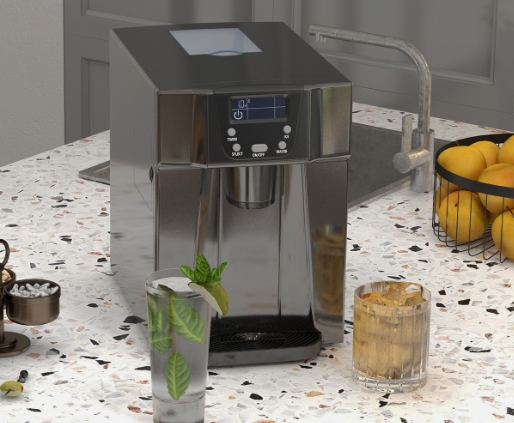Since the outbreak of the epidemic, masks have become an important protection tool in daily life. Its main role is to block small particles, pathogens and pollutants in the air, thereby reducing the risk of infection and protecting the respiratory system. There are many types of modern masks, including medical masks, N95 masks and cloth masks, each with characteristics to suit different needs and environments.
Medical masks typically have a three-layer design that effectively filters bacteria and viruses from the air, making them suitable for use in hospitals and high-risk environments. N95 masks provide higher filtration efficiency and can block more than 95% of air particles, which is suitable for use in severe pollution or special occupational environments. Cloth masks have become a common choice in daily life because of their reusable and environmentally friendly characteristics.
Wearing a mask is not only a way to protect yourself, but also a responsibility to others. Wearing a mask properly, ensuring that it covers the nose and mouth, and avoiding touching the outside of the mask, can maximize its protective effect. At the same time, regular replacement or cleaning of masks is also key to maintaining their effectiveness. In conclusion, as a public health tool, masks not only help reduce the spread of disease, but also play an important role in our daily lives.














